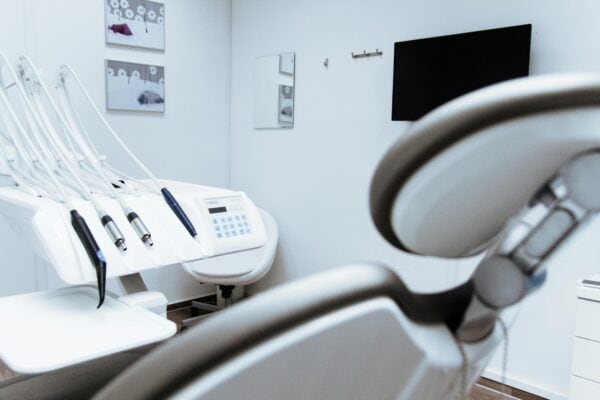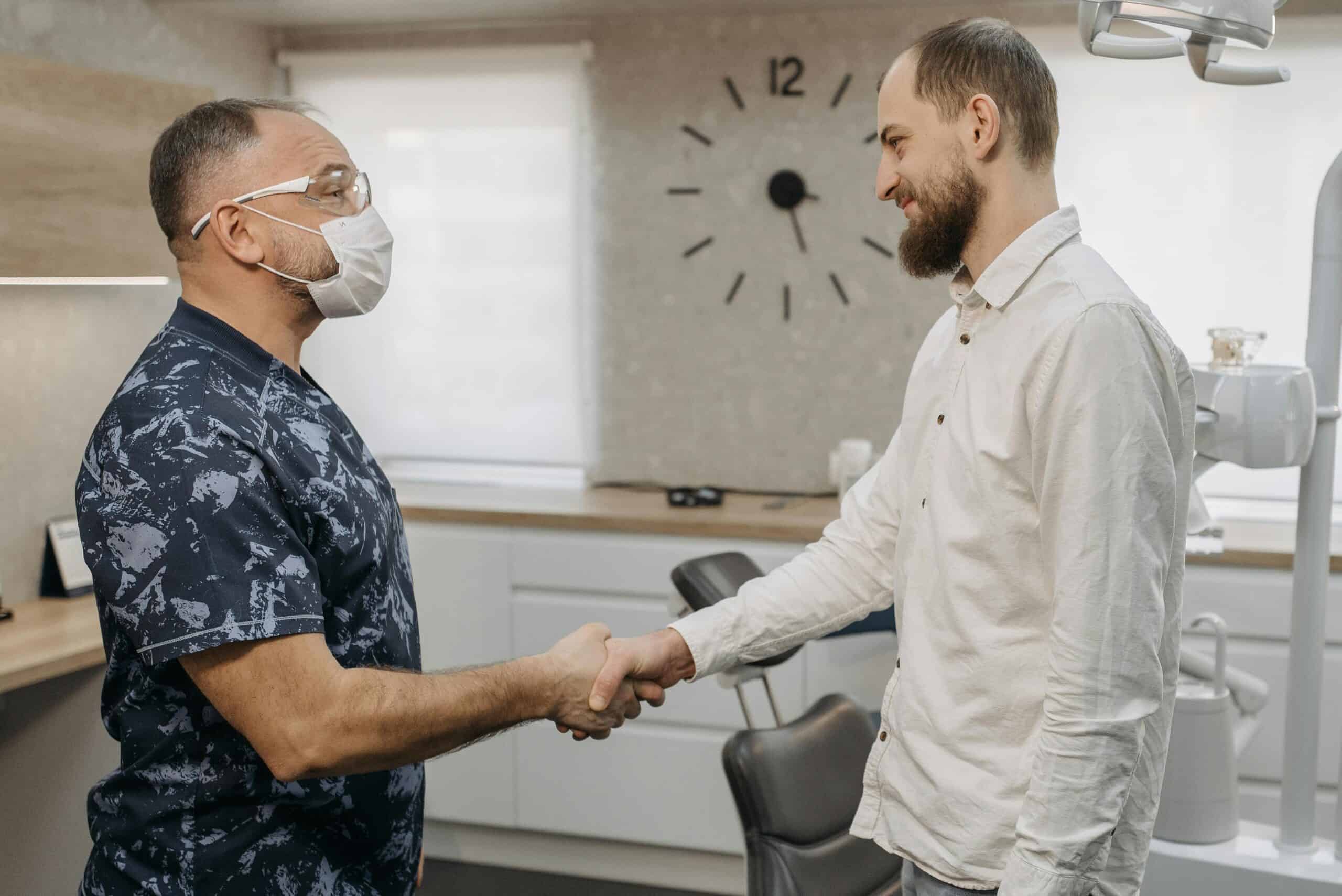Earning a dentist’s business for a single case is a milestone—but turning that one-time case into a long-term, mutually beneficial relationship is where your lab’s growth and stability take root. In a competitive dental landscape, consistent, high-quality work is essential—but it’s not enough on its own. Dentists are looking for lab partners they can rely on, communicate with easily, and trust to support their clinical outcomes over time.
Here are key strategies to help your lab build strong, lasting relationships with dentists beyond that first successful case.
Set Clear Communication Standards
The foundation of any strong relationship is communication. Labs that define and deliver clear, timely communication from the start stand out. Let new clients know what to expect: how to reach your team, how quickly you’ll respond, and how you’ll handle questions or issues. Proactively share case updates and confirm receipt of cases and approvals to avoid surprises.
A smooth case experience builds confidence. When dentists feel informed and supported, they’re more likely to come back—and to recommend your lab to colleagues.
Personalize Case Support
Don’t stop at delivering a restoration that fits well—show your value by going a step further. Learn your clients’ preferences and create protocols to apply them consistently across future cases. Keep a record of margin preferences, contact protocols, materials, or even personal touches like preferred delivery days.
Offer chairside feedback follow-ups or call after larger cases to check in. This shows attention to detail, reinforces your role as a partner in their success, and opens the door for collaborative treatment planning on more complex cases.
Be Proactive, Not Reactive
Problems are inevitable in any clinical relationship, but how your lab handles them can make all the difference. When issues arise, reach out first, take responsibility when needed, and offer solutions—not excuses. Dentists remember labs that help resolve challenges smoothly.
Equally important: check in periodically even when there are no issues. A quick call or email every few months to ask how things are going—and if there’s anything you can do better—signals that you value their business and want to keep improving.
Show Appreciation
Loyalty goes both ways. Let your clients know you appreciate their business through thoughtful gestures: a thank-you note after a milestone case, branded holiday cards, or even inviting them to an educational event or open house.
Small efforts can make a big impact, especially when they reflect genuine gratitude. Dentists who feel appreciated are more likely to stay—and to speak positively about your lab to others.
 Use Tools That Make Their Lives Easier
Use Tools That Make Their Lives Easier
Dentists want efficiency as much as quality. Make it easy for them to submit cases, access billing, or reach support. Whether it’s an online portal, a streamlined intake form, or a case tracking system, investing in tools that simplify their workflow shows that your lab values their time.
Offering reliable turnaround times, flexible pickup options, and digital case submission options also strengthens the relationship by reducing friction in everyday interactions.
Build Trust, Earn Referrals
As your relationship with a dentist matures, the trust you’ve built will naturally lead to more referrals. But you don’t have to wait passively—ask for feedback, and if they express satisfaction, mention that you’re always open to working with more clinicians like them.
Dentists who feel supported, heard, and confident in your work are your best advocates. When they refer your lab, they’re putting their own reputation on the line—which means that referral is worth even more.
Final Thoughts
The best lab-dentist partnerships aren’t transactional—they’re collaborative. By focusing on communication, personalization, and consistent value, your lab becomes more than a service provider; it becomes an essential part of the dentist’s clinical team. That’s how loyalty is built—and how labs thrive long-term.
If your lab is ready to strengthen relationships and grow sustainably, these strategies are a great place to start. One case may open the door, but what you do next determines how far the relationship goes.
 Join us at LabDay -
Join us at LabDay - 

